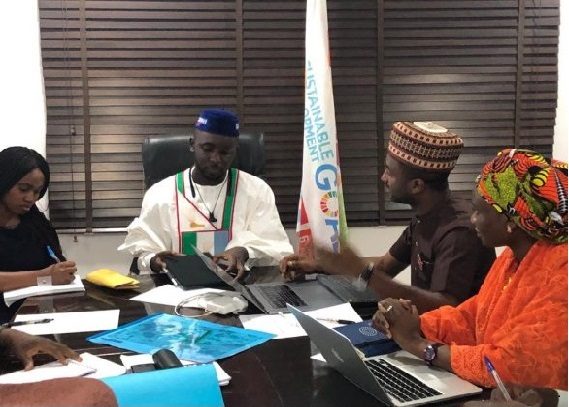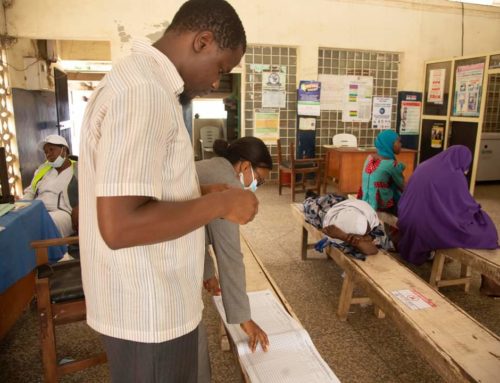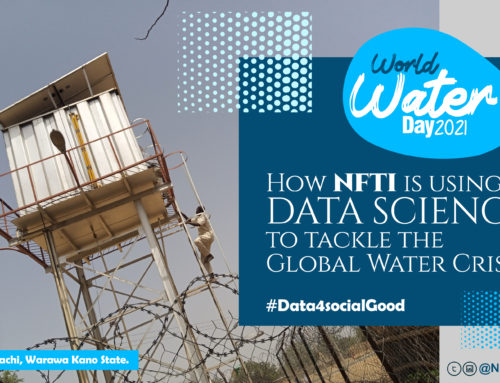Public policies are laws, by-laws and regulations by the government on a specific public issue or concern. The road user/safety rules, taxable items and deductibles, the educational curriculum and services offered at each level of care are all examples of public policies in different sectors and at different levels. These policies are formulated by multiple stakeholders coming together to deliberate on how best to address a common problem. The process of policy formulation sometimes takes days, weeks, months or even years, with the policies being reviewed periodically to suit the situation and effectively address the problem. One common reference tool needed for any effective decision making is INFORMATION. Information/facts/data about the cause of the problem, the persons affected by that problem, the severity of the problem, and what is needed to avert the situation. We often hear things like “Government has declared state of emergency on Education.” This decision is made based on the information government has on the state of Education in that region. In a nutshell, the importance of information in decision making can not be over emphasized.

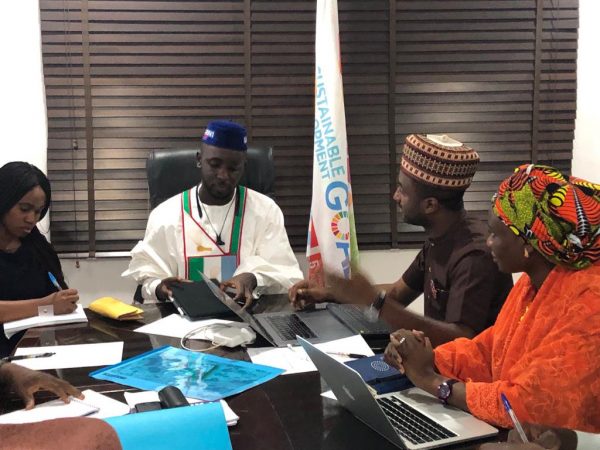
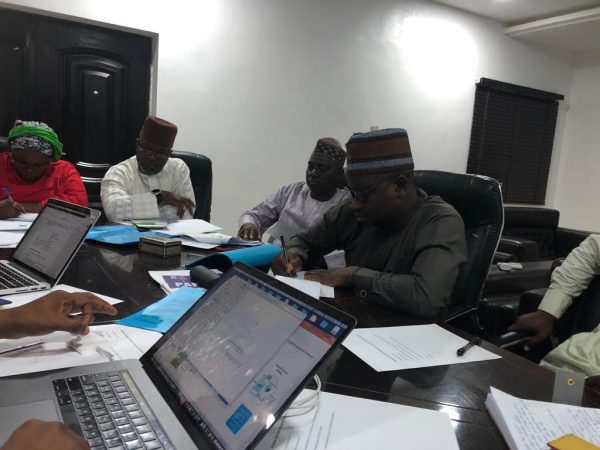
Though the use of information/facts/data has improved tremendously over the past decades, with government allocating funds, developing and reviewing policies, hiring more manpower and building infrastructures based on facts and figures, a lot more needs to be done.
Making effective decision requires a holistic understanding of the issue, how it relates to other issues, knowing the multiplier effect and being proactive and efficient in addressing the problem. It is doing the right thing, at the right time, with the right resources (avoiding waste) and with & for the right persons. It also requires answering questions like:
- What do we want to achieve and how can we improve on that?
- How do we achieve more with less resources (value for money)?
- What is working well (low hanging fruits), and how can we replicate it?
- What is not working at all, and how can we re-strategize?
- What are the correlations and how can it affect the situation?
- Who is involved and what are they contributing?
The Kaduna State Government has taken a step further in improving the use of evidence in the state through the Kaduna State Data Revolution Master Plan. The plan outlines the state statistical system and how it intends to address data quality concerns and gaping holes in the state’s data.
The State’s data drive has lead its collaboration with Bill and Melinda Gates Foundation and Natview Foundation for Technology Innovation in supporting the implementation of the Data Revolution Plan, through the Data Lab Project. The five-year project would improve data triangulation and modelling for decision making by:
- Building and equipping a State of the art Data Lab facility that would provide an enabling environment for data mining, analysis and modelling for decision making,
- Strengthening collaboration between the Kaduna State Bureau of Statistics and other data producers and consumers in the state,
- Professionalizing the Kaduna State Bureau of Statistics to analyze, model and triangulate different sources of data for effective decision making
- Building the capacity of youths in the state on data science for sustainability and improved digital economy in the state.

